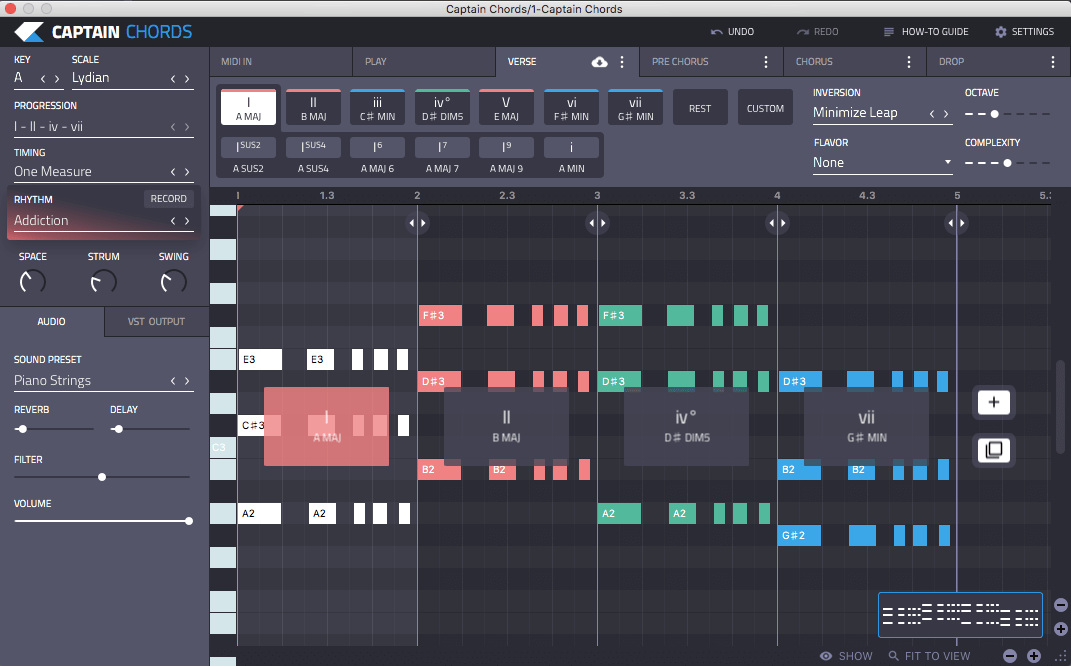Key Detection VST

Have you ever dropped a vocal, drum loop or even a one-shot sample into your music; and even though the sample is the correct BPM, it just doesn’t sound right? I’m guessing your answer is a resounding, yes.
Let’s take a look as to why this happens.
In simple terms, it’s most likely because the key and scale or pitch of your sample doesn’t match the rest of the song.
Let’s say, for example, that your song is in A minor. The key and scale of A minor is comprised of the notes/pitches A, B, C, D, E, F and G. If we added a drum sound which had a note/pitch of F#, then it would sound odd in the composition. This is because F# is not a note/pitch which is in the key and scale of A minor.
You can apply this rule to complex samples too, such as vocals. Rather than there being one wrong note, there would most likely be several contained within the sample which don’t fit.
Spot The Difference
Here’s a clip of a song with a drum percussion hit added which is out of key.
It sounds weird and incompatible, right?
Now, here’s the same clip, but we’ve tuned the drum percussion sample to a note which is part of the same key and scale as the rest of the song. In this example the song is G Major, so we’ve tuned the percussion hit to G.
The 2nd clip sounds much better and fitting, hopefully you agree!
G is the root note of the G Major scale. We aren’t limited to tuning to the root note though, we could also use A, B, C, D, E, and F♯ in the case of G Major. That said, some notes will work better than others.
Write Chords Faster with Captain Chords
- Use Captain Plugins to write your own Chord Progressions, Hooks, Melodies and Basslines
- Export to your DAW
- Available on Mac and Windows.
Find The Key
We’ve established the cause of this problem when making music, but what’s the solution – how do I find the key of a sample?
One option is to learn to tune by ear. This is by no means an easy task and is often impossible to learn. Years of ear training and playing musical instruments is the usual path for someone looking to tune music by ear. Or, if you’re very lucky you might be pitch-perfect.
Another option, which is more straightforward and offers instant results, is to use a key detection VST or plugin in your DAW.

Mixed In Key Studio Edition analyzes your sample collection and enables you to match the perfect one-shot, loop, vocal or any other sample to your music production, remix or mashup.
It will instantly tell you the key, scale and tonality of any audio sample.
The great thing about using a key detection VST in Logic Pro X, Ableton or FL Studio is the results are instantaneous and in real-time, allowing you to easily tune samples as part of your workflow.
We’ve created tutorial videos to show how easy it is to tune your samples using Mixed In Key Studio Edition, you can check them out in our How-To guide.
Make Better Music Now
Now that you have the knowledge, use Mixed In Key Studio Edition to instantly analyze your sounds and samples inside your DAW and perfectly match them to your music production or DJ mix.
